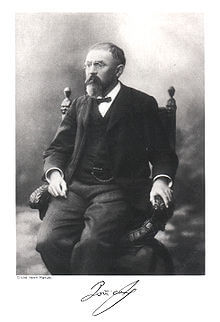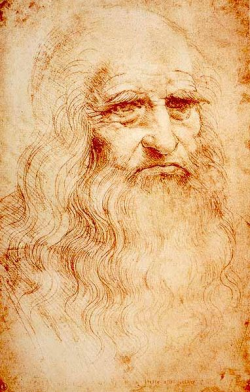Famous Quotivations # 13 – February 11 , 2011 [display_podcast]
“It is through science that we prove but through intuition that we discover.”
– Henre Pointcare
You may have, at one time or another, had a gut feeling about a choice you were about to make.
It this right or is this wrong? The feeling you get in your gut tells you the truth every time. Have you noticed that?
This type of quasi-philosophical experience did not escape the notice of Henre Pointcare, one of the most brilliant minds of mathematical scientific inquiry. To me that seems odd at first. What’s a guy who has been credited with important
Mathematical discoveries like the kind that led to the first description of relativity, to come to terms with something like a gut feeling?
It just goes to show that this quote is truly an interesting and provocative observation that Pointcare, a man who’s whole career was deeply involved in the exacting black and white scientific study of mathematics, simultaneously gave credence to the unknown quantity that lay at the foundation of such things as gut hunches.
After all we’re only talking about feelings.
Guess that means that in some tight confines of the human mind worlds can and do collide in strange and wonderful partnerships.
Pointcare saw his. Are you observing yours?
This is Friday. Consider yourself Quotivated.
PS: If you’d like to learn more about this mysterious gut-based energy we call persistence you should attend my free Mindset Immunity webinar happening Tuesday at 6PM Pacific. —–(see sidebar or go here————>


